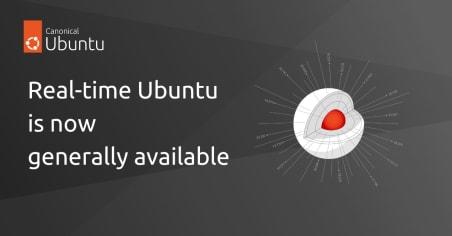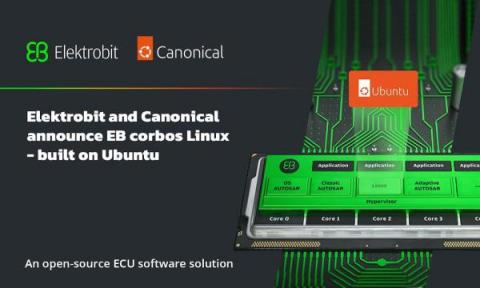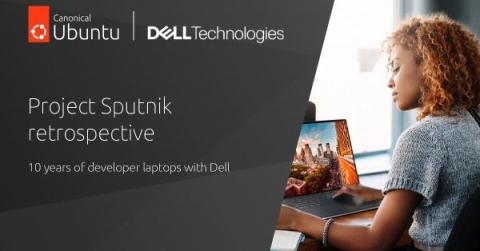What is real-time Linux? Part II
Welcome to this three-part mini-series on real-time Linux. In Part I, we set the stage for the remainder of the series by defining a real-time system, and went through common misconceptions. We also covered the broad market applications of a real-time Linux kernel. Several applications across a wide range of use cases and verticals require real-time computing capabilities. Sectors like industrial automation, energy and transportation have strict precision requirements for their systems.










